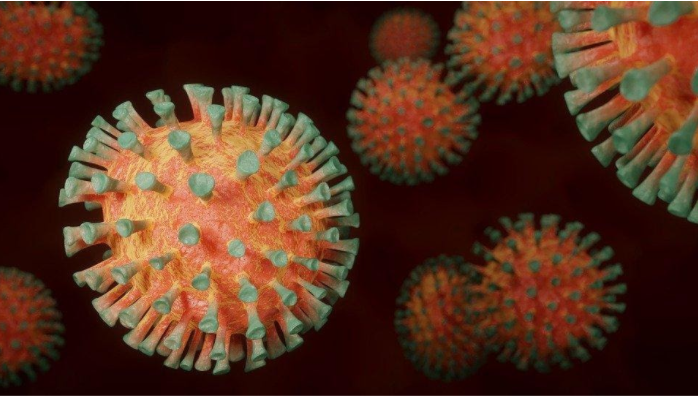Just when you thought it was safe to go “back into the water” again, a new variant has materialized. Omicron has arrived and has come with a furry. First noticed in South Africa, it is making its way into the rest of the world. Indeed, President Biden has already taken action by restricting travel from South Africa and other African nations.
In this post, we share five things you need to know about this new coronavirus variant, officially labeled as B.1.1.529, but before we get started, let’s look at what the new variant is all about and why it is a concern for the global authorities.
B.1.1.529 – The Latest Coronavirus Variant
The new COVID-19 mutant is considered one of the most dangerous variants to date. It has a high number of mutations (a total of 50), including over 30 mutations on the spike protein. As a result, this new variant is likely to be more resistant to the current vaccines, will have a high risk of transmissibility, and will also lead to more severe symptoms for those that are not vaccinated, which may include an increased need for hospitalization.
Let’s look at some of the critical things you need to know about this latest variant.
5 Things You Need to Know About the Latest COVID-19 Variant

#1. The Variant is the Most Heavily Mutated in the COVID Family
As of July 2021, there were four dominant variants of COVID-19, which included:
-
- The Alpha variant ( the U.K. Variant – B.1.1.7)
- The Beta variant (the South Africa Variant – B.1.351)
- The Gamma variant (the Brazilian variant, – P.1) and
- The Delta variant (known as the Indian variant – B.1.617.2)
Each one of these has become a concern because every time a virus mutates, it changes its form and nature. As a result, they have a different risk of transmissibility and severity of infection, which depends on the mutation. The latest variant has 50 mutations, more than 30 mutations on the spike protein, which is what the virus used to get access to the human body cells.
It is a particular concern because most of the vaccines for COVID-19 target the spike protein. However, as the spike protein mutates, it raises concern among the authorities about the possible effects of the vaccines against this latest variant.
#2. More Mutations on the Receptor Binding Domain

Another feature that’s gaining the attention of researchers is the mutations of this variant on the receptor-binding domain strain was the Delta variant that had two mutations on the receptor-binding domain. However, the new variant – B.1.1.529 has ten mutations on the receptor-binding domain, raising concern about whether it is linked to immune escape.
#3. There’s Concern About the Evolution of This Variant
A virus mutates every time it reproduces. However, the mutations are minor when the virus reproduces in a healthy human body. But the concern with viruses is that you cannot predict the mutation, especially when it mutates in an immune-compromised patient.
For the emergence of this new variant, there is speculation that it evolved in the body of a single patient. There are suggestions that the new variant emerged in the body of an immuno-compromised person, who HIV may infect.
#4. The New Variant Spread to Nearby Countries
Omicron was first identified in South Africa; however, within seven days, there were over 100 specimens of the same variant reported in South Africa. But that’s not it. The strain continued to spread to nearby countries, including Botswana, where the variant-infected individuals had been fully immunized. Moreover, two cases were detected in Hong Kong among travelers from African countries.
As a result, the U.K. banned flights from six African countries, including Botswana, South Africa, Namibia, Eswatini, Lesotho, and Zimbabwe. Moreover, the British government has placed strict measures related to quarantine and PCR testing of recent travelers from the African states.
Moreover, other countries, such as India, have also called for rigorous screening of African countries and Hong Kong passengers. Similarly, Australia is also planning to tighten rules for incoming passengers.
#5. The World Health Organization Should Call for Caution
The global authorities, including the World Health Organization, must take measures to contain the spread. Since the holiday season is here, there is an expected influx of passengers and travelers, and there are continued strict measures to contain the virus moving forward.
Final Words

When the global authorities were relieved and assumed that the pandemic was under control, the emergence of a new variant is definitely a concern. We have limited information about how the new coronavirus variant behaves, and until the researchers find out the answers, it is best to get complete immunization and booster doses. Moreover, as the holiday season is here, don’t forget to take care of the COVID-19 safety protocols so you and your loved ones can stay safe and healthy!
